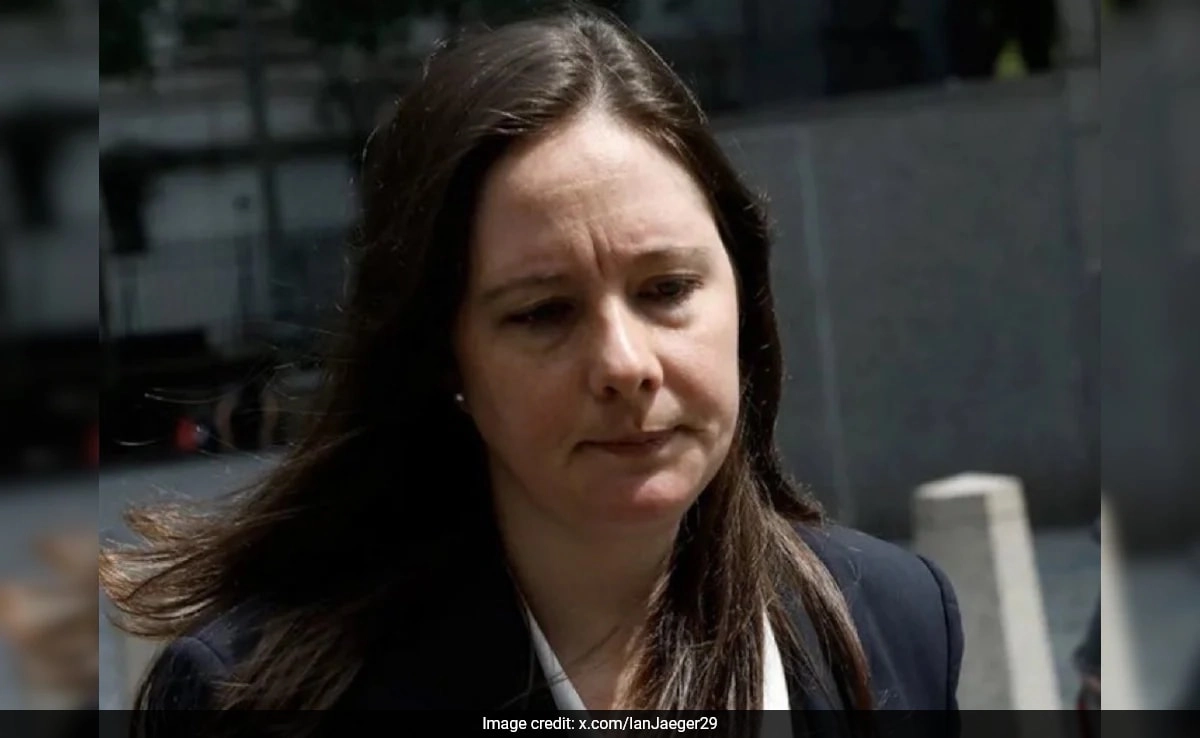Maurene Comey, a notable prosecutor known for her involvement in high-profile cases such as those against Sean “Diddy” Combs and the late financier Jeffrey Epstein, has reportedly been dismissed from her position. Comey, who has garnered attention for her work in the U.S. Attorney’s Office for the Southern District of New York, played a significant role in high-stakes legal battles that have captivated public interest. Her expertise in handling complex criminal cases has made her a prominent figure in the legal landscape, especially in cases that draw significant media scrutiny and public concern.
The dismissal raises questions about the reasons behind this decision, particularly considering Comey’s track record and the sensitive nature of the cases she has worked on. Her involvement in the prosecution of Sean Combs, who faced serious allegations related to criminal conduct, showcased her ability to navigate challenging legal waters involving celebrity defendants. Similarly, her work on the Epstein case, which delved deep into issues of sexual abuse and trafficking, further solidified her reputation as a formidable prosecutor. Comey’s approach to these cases not only demonstrated her legal acumen but also highlighted her commitment to justice in situations where the stakes are exceptionally high.
Comey’s departure from her role may have significant implications for ongoing cases and the legal community at large. Her expertise and prior experience have been invaluable assets in the pursuit of justice, especially in cases that often involve intricate dynamics of power and influence. As the legal landscape continues to evolve, the impact of her firing could resonate beyond her immediate cases, potentially influencing how future prosecutions are handled, particularly in high-profile situations that attract extensive media coverage and public scrutiny. Legal analysts and observers will undoubtedly be watching closely to see how her absence affects the trajectory of the cases she was involved in and the broader implications for the U.S. Attorney’s Office.




